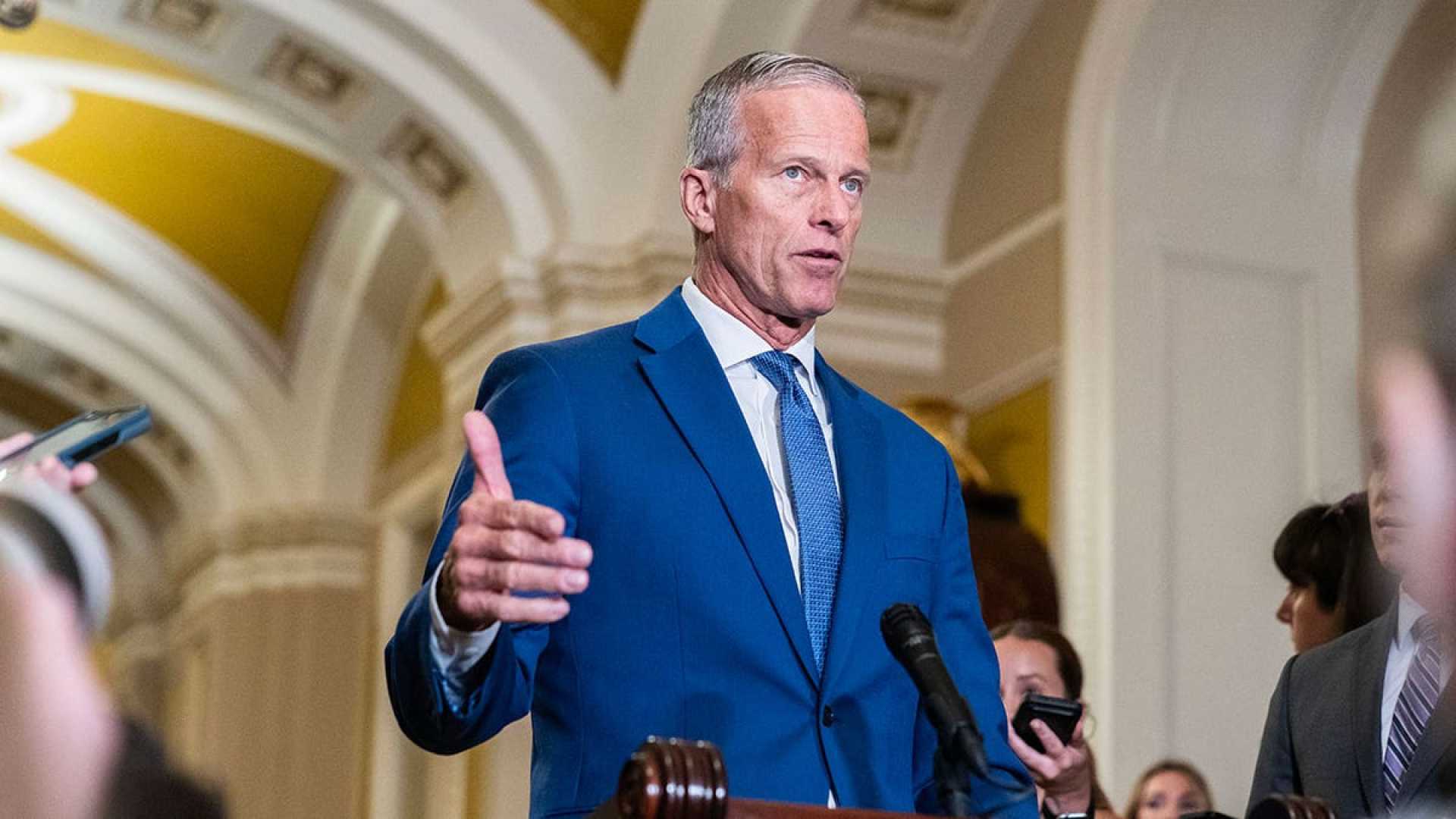Politics
Senate Lowers Threshold for Trump Nominees Amid Controversy

Washington, D.C. — On September 17, 2025, the United States Senate, led by Majority Leader John Thune, made a significant change to its rules affecting presidential nominations. Senate Republicans voted to lower the threshold for confirming President Donald Trump‘s subcabinet nominees from a 60-vote supermajority to a simple majority, concluding weeks of political dispute.
The change came after months of gridlock where Trump’s nominees faced unprecedented delays, with no civilian nominee receiving confirmation by voice vote or unanimous consent, according to Breitbart News. Democrats, under Minority Leader Charles E. Schumer, had demanded individual consideration of each nominee, which stalled many appointments.
Frustrated with the Democratic blockade, Thune stated, “President Trump deserves to have his team members in place so he can enact his agenda which the American people voted for last November.” He emphasized the need for his administration to be fully staffed.
The procedural change was enacted through two votes on September 17. The first vote reduced the votes required to invoke cloture from 60 to a simple majority, followed by a cloture invocation that initiated the confirmation process for a group of 48 nominees, including Kimberly Guilfoyle for U.S. Ambassador to Greece.
Majority Whip John Barrasso affirmed on the Senate floor the need to get Trump’s team in place, stating, “There is a role in the Senate for advice and consent, but Senate Democrats have done everything… to prevent President Trump from putting his team in place.” He noted additional nominees would be ready by week’s end.
However, the rule change has faced criticism. Schumer called it a dangerous weakening of the Senate’s constitutional responsibilities, warning it could lead to the confirmation of unqualified nominees. He argued that the swift confirmation process negates the Senate’s duty to appropriately scrutinize appointments.
Thune responded by asserting that the Democrats were jeopardizing national security with their prolonged opposition. He also highlighted the rarity of such procedural maneuvers in the past, stating that previous presidents’ nominees typically enjoyed swift confirmations.
This alteration is part of a series of procedural changes under Thune, who earlier in 2025 had circumvented the filibuster on other significant legislation. Proponents of these changes, including Senator Susan Collins, argue that maintaining the filibuster for major bills shows a commitment to institutional norms.
Experts have raised concerns that such changes diminish the Senate’s role and set a precedent for more drastic measures in the future. Richard A. Arenberg, a former Senate aide, warned that each alteration makes subsequent changes easier, leading the Senate down a precarious path.
As the government funding deadline approaches on September 30, the effectiveness of the new rules, particularly in managing the backlog of nominees, remains to be seen. Thune indicated that Republicans would act quickly to advance the nominees while navigating the existing partisan divide.
The implications of this procedural shift will unfold as the Senate grapples with its traditional role and the balance of power between parties in the coming days and weeks.












